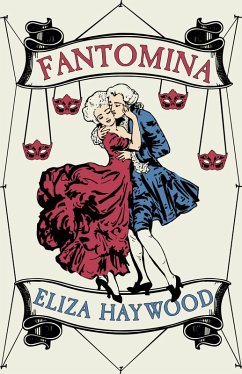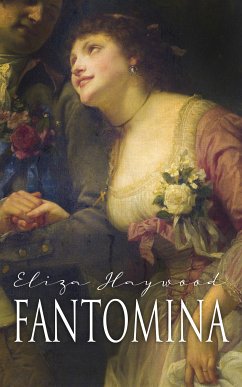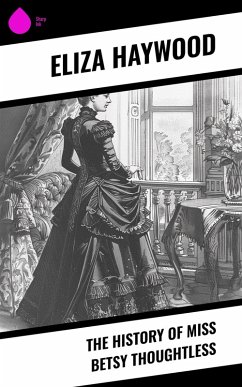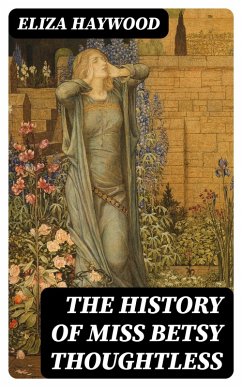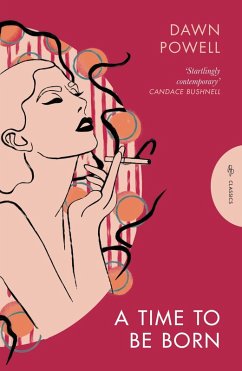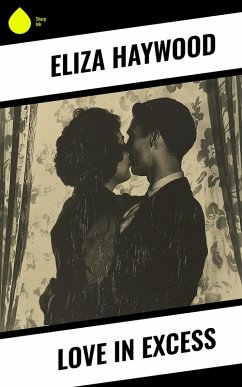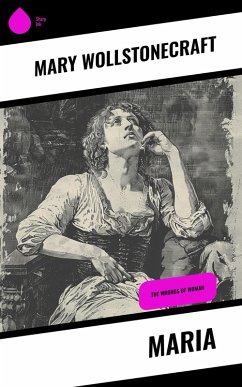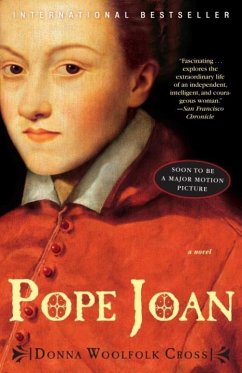
Fantomina (eBook, ePUB)
Versandkostenfrei!
Sofort per Download lieferbar
2,13 €
inkl. MwSt.
Weitere Ausgaben:

PAYBACK Punkte
0 °P sammeln!
In her innovative novella 'Fantomina', Eliza Haywood explores the complex interplay of identity, desire, and social constraint in 18th-century England. The narrative follows a young woman who ingeniously adopts multiple personas to engage with a libertine man, subverting traditional gender roles and exposing the limitations placed upon women in a patriarchal society. Written in an engaging prose marked by emotional depth and vivid characterization, the work exemplifies the early development of the novel as a form, reflecting the burgeoning exploration of female agency and sexuality during the ...
In her innovative novella 'Fantomina', Eliza Haywood explores the complex interplay of identity, desire, and social constraint in 18th-century England. The narrative follows a young woman who ingeniously adopts multiple personas to engage with a libertine man, subverting traditional gender roles and exposing the limitations placed upon women in a patriarchal society. Written in an engaging prose marked by emotional depth and vivid characterization, the work exemplifies the early development of the novel as a form, reflecting the burgeoning exploration of female agency and sexuality during the Enlightenment period. Eliza Haywood, a prominent figure in early feminist literature, was notably influenced by her personal experiences as a voracious reader, actress, and writer in a male-dominated literary landscape. Her engagement with themes of female empowerment and sexual politics can be traced back to her own life, which often defied societal norms. Haywood's literary career spanned various genres, but 'Fantomina' remains a pivotal work that challenges contemporary notions of women's roles in both literature and society. 'Fantomina' is a must-read for those interested in feminist literature, early novels, or the dynamics of love and deception. Haywood's astute observations and rich narrative style offer a compelling reflection on the boundaries of identity, making it an essential addition to any literary canon.
Dieser Download kann aus rechtlichen Gründen nur mit Rechnungsadresse in A, B, BG, CY, CZ, D, DK, EW, E, FIN, F, GR, HR, H, IRL, I, LT, L, LR, M, NL, PL, P, R, S, SLO, SK ausgeliefert werden.





